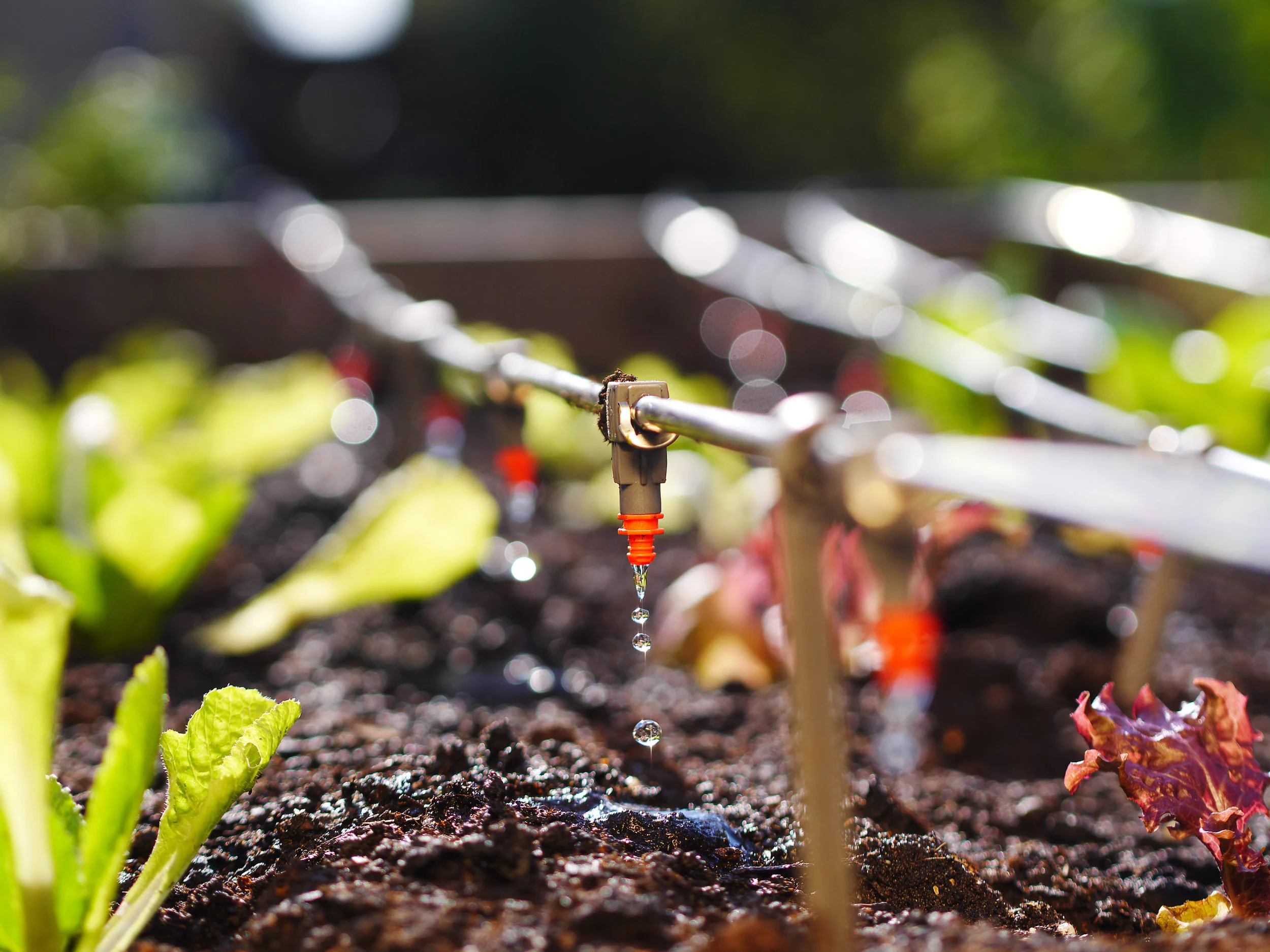Climate change is placing severe stress on freshwater resources used for agricultural irrigation. As a result, water reuse and exploring nontraditional irrigation water sources (e.g., recycled water) have become national priorities for ensuring agricultural water security and the sustainable production of our food supply. However, to be protective of public health, nontraditional irrigation water sources must be treated to meet water quality requirements of the Food Safety Modernization Act’s Produce Safety Rule.
Our Mission: To facilitate the adoption of transformative on‐farm treatment solutions that enable the safe use of nontraditional irrigation water on food crops.
Our Vision: To be a national resource bringing together research, outreach, and education to effectively reduce the nation’s agricultural water challenges that are exacerbated by climate change.
To fulfill our mission and vision, CONSERVE research, extension and education activities are developed by a leading team of bioscientists, engineers, economists, social-behavioral scientists, law and policy experts, extension specialists, educational media developers and computer scientists. We extend our findings to stakeholders, including farmers, communities, educators, students, and federal, state, and local governments through outreach and engagement.
CONSERVE is focusing on two key regions, the Mid-Atlantic and Southwest, thereby highlighting two diverse climates with differing needs regarding agricultural water reuse. Participating CONSERVE partners are depicted in the map below.


